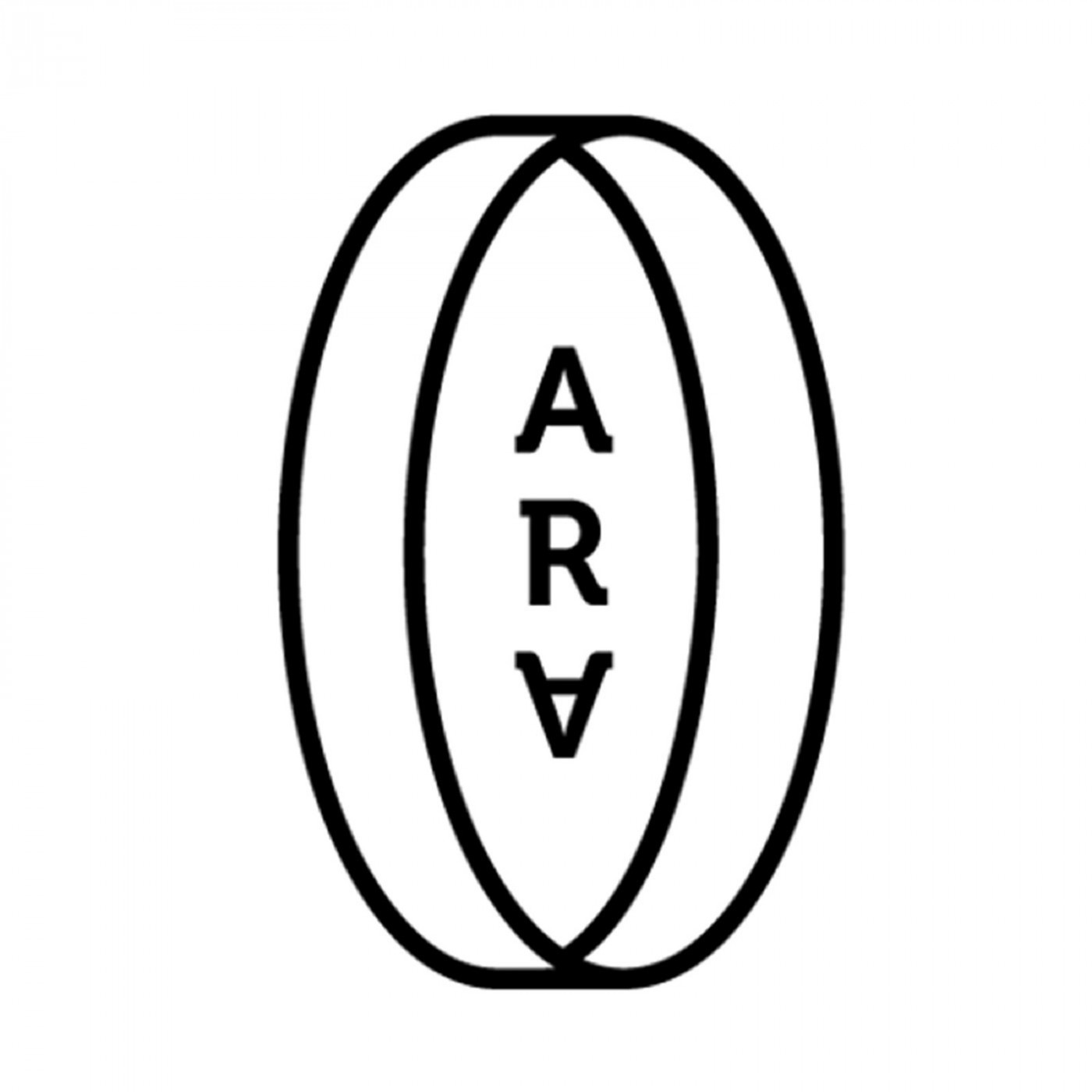Mar 08 2024 48 mins
In this dialogue Prof Christo Doherty, the Chair of Research in the Wits School of Arts, speaks to Miranda Moss, a South African artist, outsider-engineer, eco-geek, and rogue educator who is currently based in Sweden. Miranda’s transdisciplinary practice, which focuses on the problematics and hopeful possibilities of technology from a socio-ecological and anticolonial feminist perspective, has seen her exhibit, teach, and perform research internationally in a variety of art, science, community, academic, public, and hacker spaces.
Miranda graduated with a Bachelor of Art in Fine Art, with a distinction in sculpture from the Michaelis School of Art, UCT, in 2012 . In 2017, she was the recipient of the Pro Helvetia / Artists-in-Labs residency, where she was stationed in a phytopathology laboratory at the Swiss Federal Institute for Snow, Forest and Landscape near Zurich, investigating the colonial weight of “invasive alien” microorganisms. In 2020, she was awarded the konS Platform for Contemporary Investigative Art’s project production grant alongside collaborator Daniel Brownell, for a work reimagining factory farming and robotics and working alongside agri-tech scientists.
In 2021, she completed a Masters degree in Sustainable Design at LNU in Sweden, where her thesis project, “Power Harvest; explorations in regenerative energy technologies within the (post) colonial climate emergency” involved distilling cutting edge scientific experiments into poetic, artistically articulated, and accessible forms of engagement. The project entailed developing a low-cost, DIY system for making electricity, fertilizer, and safely-treated water from human urine, in response to the oppressive technocoloniality inherent in post apartheid South Africa’s straining electrical, water, and sanitation urban grid systems.
She has just embarked on a 3 year long collaborative research project titled “Regenerative Energy Communities; artistic and collective energy experiments for resilient agriculture” funded by the Swedish Energy Agency’s Program for Energy, People, and Society.
In this podcast, we discuss how Miranda came to art practice and her first degree in Fine Art at Michaelis. We also examine her engagement with scientific research and her understanding of art as a form of research. We then explore, in some depth, her experience as an artist based in the laboratories of the Swiss Federal Institute for Forest, Snow, and Landscape in Zurich and the impact that this had on her understanding of art and research. Finally, we unpack the work she did for her MA in Sustainable Design and her move into the world of Regenerative Energy and the potential applications of this thinking in South Africa. The outcome of Miranda MA's project · Miranda's post Arist-in-Lab (AiL) residency exhibition · Miranda's own website · Regenerative Energy Communities, Växjoö, Sweden
Miranda graduated with a Bachelor of Art in Fine Art, with a distinction in sculpture from the Michaelis School of Art, UCT, in 2012 . In 2017, she was the recipient of the Pro Helvetia / Artists-in-Labs residency, where she was stationed in a phytopathology laboratory at the Swiss Federal Institute for Snow, Forest and Landscape near Zurich, investigating the colonial weight of “invasive alien” microorganisms. In 2020, she was awarded the konS Platform for Contemporary Investigative Art’s project production grant alongside collaborator Daniel Brownell, for a work reimagining factory farming and robotics and working alongside agri-tech scientists.
In 2021, she completed a Masters degree in Sustainable Design at LNU in Sweden, where her thesis project, “Power Harvest; explorations in regenerative energy technologies within the (post) colonial climate emergency” involved distilling cutting edge scientific experiments into poetic, artistically articulated, and accessible forms of engagement. The project entailed developing a low-cost, DIY system for making electricity, fertilizer, and safely-treated water from human urine, in response to the oppressive technocoloniality inherent in post apartheid South Africa’s straining electrical, water, and sanitation urban grid systems.
She has just embarked on a 3 year long collaborative research project titled “Regenerative Energy Communities; artistic and collective energy experiments for resilient agriculture” funded by the Swedish Energy Agency’s Program for Energy, People, and Society.
In this podcast, we discuss how Miranda came to art practice and her first degree in Fine Art at Michaelis. We also examine her engagement with scientific research and her understanding of art as a form of research. We then explore, in some depth, her experience as an artist based in the laboratories of the Swiss Federal Institute for Forest, Snow, and Landscape in Zurich and the impact that this had on her understanding of art and research. Finally, we unpack the work she did for her MA in Sustainable Design and her move into the world of Regenerative Energy and the potential applications of this thinking in South Africa. The outcome of Miranda MA's project · Miranda's post Arist-in-Lab (AiL) residency exhibition · Miranda's own website · Regenerative Energy Communities, Växjoö, Sweden
